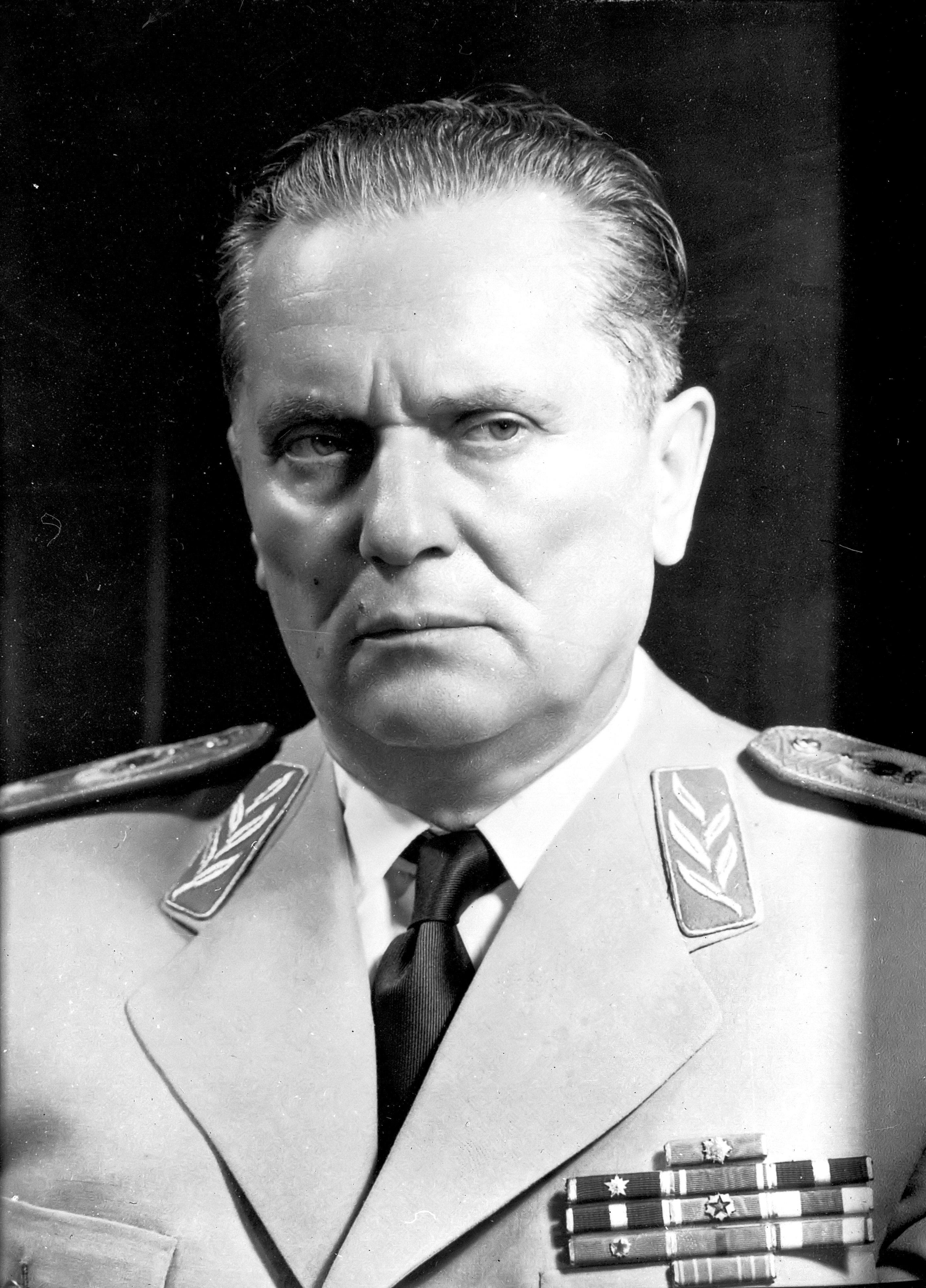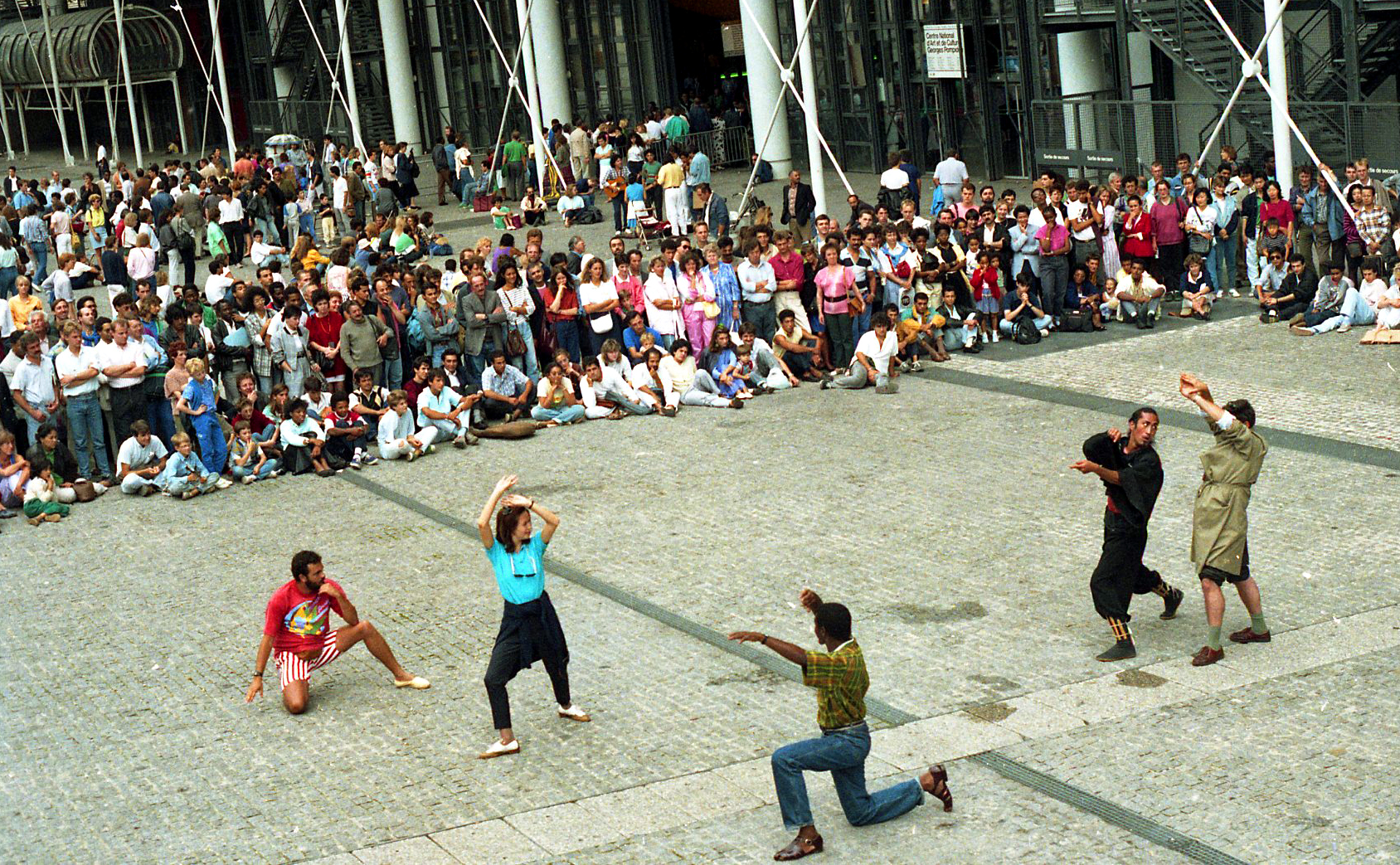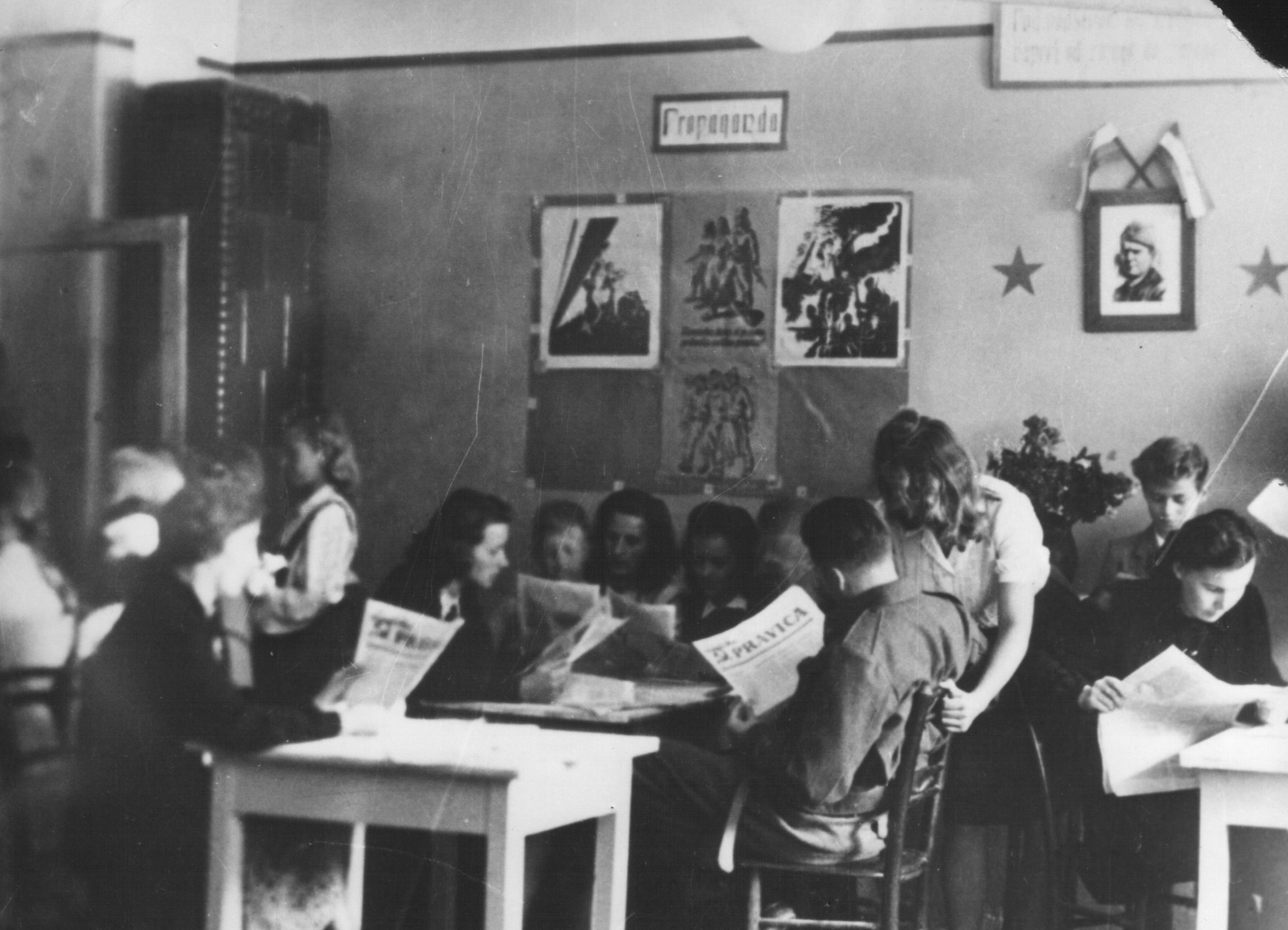|
Impro League
Impro League (also Improvisation League; in Slovene language, Slovene: ''Impro liga'') is the oldest among Slovenian theatresports championships. It has taken place since 1993 with participants from all over the country. In recent years, over hundred participants have competed in a number of disciplines in each season, culminating in finals. Other Slovenian championships that are limited to younger age groups, include ''School Impro League'' (''ŠILA'') for high school teams, while ''Impro club'' is dedicated to regular Slovenian performers who have international impro experience with mentors, such as Daniel Gray Goldstein from the Upright Citizens Brigade Theatre, New York City; Randy Dixon from the Unexpected Productions, Seattle, and Andreas Wolf , Fastfood-Theater from Munich, ... [...More Info...] [...Related Items...] OR: [Wikipedia] [Google] [Baidu] |
Slovene Language
Slovene ( or ), or alternatively Slovenian (; or ), is a South Slavic languages, South Slavic language, a sub-branch that is part of the Balto-Slavic languages, Balto-Slavic branch of the Indo-European languages, Indo-European language family. It is spoken by about 2.5 million speakers worldwide (excluding speakers of Kajkavian), mainly ethnic Slovenes, the majority of whom live in Slovenia, where it is the sole official language. As Slovenia is part of the European Union, Slovene is also one of its 24 Languages of the European Union, official and working languages. Standard Slovene Standard Slovene is the national standard language that was formed in the 18th and 19th century, based on Upper Carniolan dialect group, Upper and Lower Carniolan dialect groups, more specifically on language of Ljubljana and its adjacent areas. The Lower Carniolan dialect group was the dialect used in the 16th century by Primož Trubar for his writings, while he also used Slovene as spoken in Lju ... [...More Info...] [...Related Items...] OR: [Wikipedia] [Google] [Baidu] |
Theatre In Slovenia
Among the modes of expression of the culture of Slovenia, a nation-state in Central Europe, are music and dance, literature, visual arts, film, and theatre. A number of festivals take place, showcasing music and literature. Dance Ballet Pino Mlakar and Pia Mlakar were the most notable ballet dancers and members of the Ljubljana Opera and Ballet Company from 1946 to 1960. Pino Mlakar was also a full professor at the Academy for Theatre, Radio, Film, and Television (AGRFT) of the University of Ljubljana. Modern dance In the 1930s in Ljubljana was founded a Mary Wigman dance school by her student Meta Vidmar. Folk dance Festivals, book fairs, and other events A number of music, theater, film, book, and children's festivals takes place in Slovenia each year. In 2012, Maribor was the European Capital of Culture. Music Festivals Music festivals include the Ljubljana Summer Festival and Lent Festival. Historically, among the most popular music festivals was the Slove ... [...More Info...] [...Related Items...] OR: [Wikipedia] [Google] [Baidu] |
IGLU Theatre
IGLU Theatre (based on the Slovene acronym Impro Gledališče Ljubljana) is a Slovenian improvisational theatre, located in Ljubljana, capital city of Slovenia, and founded by younger generation of impro performers Vid Sodnik, Juš Milčinski, and Peter Frankl Jr. Participating in the most notable theatresports championship in Slovenia, Impro League, they have won it four times as members of various teams and hold numerous titles for the best improviser in Slovenia. As a team they were also winners of the Impro League 2013/14 season. They are members of European impro association Ohana. International tour IGLU Theatre has been on international tour in 2014, that included Switzerland, Germany, Belgium, Austria, Netherlands in Czech Republic, where the troupe performed and also held courses in improvisational theatre skills and formats. International competition IGLU Theatre was invited to 2014 The St. Valentine’s Day Massacre Tournament organized by Vancouver Theatresports Lea ... [...More Info...] [...Related Items...] OR: [Wikipedia] [Google] [Baidu] |
Juš Milčinski
Juš Milčinski is a Slovenian improviser best known for his role in reorganization and revitalization of Impro League in 2005. He is executive producer at international Naked Stage festival of improvisational theatre, and a member of IGLU Theatre team. 19 November 2007, Playboy.si References External links Interview with Juš Milčinski about Wabi-sabi
In traditional Japanese aesthetics, is a world view centered on the acceptance of transience and imperfection. The aesthetic is sometimes ...
[...More Info...] [...Related Items...] OR: [Wikipedia] [Google] [Baidu] |
Andrej Rozman – Roza
Andrej Rozman (a.k.a. Roza, born 25 May 1955) is a Slovene poet, writer, actor, and street theatre producer. He writes poems and creates plays for children and also writes satirical poetry for adults. Life and work Rozman was born in Ljubljana in 1955. He abandoned his study of Slovene language and literature at University of Ljubljana to set up a small theatre group in 1978. In 1980s he co-founded a street theatre group, '' Ana Monró Theatre'' and was its director between 1982 and 1995. He was co-writer of the low-budget TV comedy ''Vrtičkarji'' (2000), but left after the first thirteen episodes, disappointed by the production. Since 2003 he has run his own theatre company ''Rozinteater''. Awards Rozman won the Levstik Award in 1999 for ''Črvive pesmi'' (Worm-Ridden Poems) and again in 2009 for ''100 + 1 uganka'' (100 + 1 Riddles). In 2010 he won the Prešeren Foundation Award for his theatre and literary work. Published works * ''S smetano nad jagode'' (Taking the Cream ... [...More Info...] [...Related Items...] OR: [Wikipedia] [Google] [Baidu] |
Titoist
Titoism is a political philosophy most closely associated with Josip Broz Tito during the Cold War. It is characterized by a broad Yugoslav identity, workers' self-management, a political separation from the Soviet Union, and leadership in the Non-Aligned Movement. Tito led the Communist Yugoslav Partisans during World War II in Yugoslavia. After the war, tensions arose between Yugoslavia and the Soviet Union. Although these issues diminished over time, Yugoslavia still remained relatively independent in thought and policy. Tito led Yugoslavia until his death in 1980. Today, the term "Titoism" is sometimes used to refer to Yugo-nostalgia, a longing for reestablishment or revival of Yugoslavism or Yugoslavia by the citizens of Yugoslavia's successor states. Tito-Stalin split When the rest of Eastern Europe became satellite states of the Soviet Union, Yugoslavia refused to accept the 1948 ''Resolution of the Cominform'' and the period from 1948 to 1955, known as the Infor ... [...More Info...] [...Related Items...] OR: [Wikipedia] [Google] [Baidu] |
Street Theatre
Street theatre is a form of theatrical performance and presentation in outdoor public spaces without a specific paying audience. These spaces can be anywhere, including shopping centres, car parks, recreational reserves, college or university campus and street corners. They are especially seen in outdoor spaces where there are large numbers of people. The actors who perform street theatre range from buskers to organised theatre companies or groups that want to experiment with performance spaces, or to promote their mainstream work. It was a source of providing information to people when there were no sources of providing information like television, radio etc. Nowadays, street play is used to convey a message to the crowd watching it. Street play is considered to be the rawest form of acting, because one does not have a microphone or loud speakers. Sometimes performers are commissioned, especially for street festivals, children's shows or parades, but more often street theatre ... [...More Info...] [...Related Items...] OR: [Wikipedia] [Google] [Baidu] |
Delo (newspaper)
''Delo'' ( en, Labour) is a national daily newspaper in Slovenia. For more than 60 years, ''Delo'' has been involved in active co-creation of the Slovenian public space. It covers politics, economics, sports, culture and social events in Slovene. In addition to Slovenia, the paper is available in several Croatian cities and in Belgrade, Serbia. It is based in Ljubljana. History ''Delo'' was first published on 1 May 1959 when the newspapers '' Ljudska pravica'' ("The People's Right"), which was published since 1934, and '' Slovenski poročevalec'' ("The Slovene Reporter"), established in 1938, both the newspapers of the Communist Party of Slovenia, merged. Among the chief editors were Dušan Benko, Darijan Košir, Peter Jančič, and Uroš Urbas. Profile ''Delo'' is published in broadsheet format by media house Delo which also owns newspaper ''Slovenske novice''. It offers content in print and also on web, mobile and tablet platforms. It publishes a mixture of different media, ... [...More Info...] [...Related Items...] OR: [Wikipedia] [Google] [Baidu] |
Slovenia
Slovenia ( ; sl, Slovenija ), officially the Republic of Slovenia (Slovene: , abbr.: ''RS''), is a country in Central Europe. It is bordered by Italy to the west, Austria to the north, Hungary to the northeast, Croatia to the southeast, and the Adriatic Sea to the southwest. Slovenia is mostly mountainous and forested, covers , and has a population of 2.1 million (2,108,708 people). Slovenes constitute over 80% of the country's population. Slovene, a South Slavic language, is the official language. Slovenia has a predominantly temperate continental climate, with the exception of the Slovene Littoral and the Julian Alps. A sub-mediterranean climate reaches to the northern extensions of the Dinaric Alps that traverse the country in a northwest–southeast direction. The Julian Alps in the northwest have an alpine climate. Toward the northeastern Pannonian Basin, a continental climate is more pronounced. Ljubljana, the capital and largest city of Slovenia, is geogr ... [...More Info...] [...Related Items...] OR: [Wikipedia] [Google] [Baidu] |
Ljubljana Slovene National Theatre Drama
The Ljubljana Slovene National Theatre Drama ( sl, Slovensko narodno gledališče Drama Ljubljana, ), or the Slovene National Theatre Drama in Ljubljana, is the national theatre in Ljubljana, Slovenia, best known for its conservative repertoire, including classical European dramatic texts and selected contemporary non-commercial European and Slovene ones. Its seat is the Ljubljana Drama Theatre () to the southeast of the Slovene Museum of Natural History and southwest of the University of Ljubljana, at 1 Erjavec Street (). It is an Art Nouveau building originally of the city's German Theatre (german: Deutsches Theater). History The theatre is heir to the first ever Slovene-language drama performance, staged on 24 October 1867 by the Slovene Dramatic Society in the premises of the Ljubljana Reading Society. After collapse of Austria-Hungary, it was renamed in the short-lived State of Slovenes, Croats and Serbs the ''National Theatre'', and in 1919 the ''Provincial Thea ... [...More Info...] [...Related Items...] OR: [Wikipedia] [Google] [Baidu] |
Munich
Munich ( ; german: München ; bar, Minga ) is the capital and most populous city of the States of Germany, German state of Bavaria. With a population of 1,558,395 inhabitants as of 31 July 2020, it is the List of cities in Germany by population, third-largest city in Germany, after Berlin and Hamburg, and thus the largest which does not constitute its own state, as well as the List of cities in the European Union by population within city limits, 11th-largest city in the European Union. The Munich Metropolitan Region, city's metropolitan region is home to 6 million people. Straddling the banks of the River Isar (a tributary of the Danube) north of the Northern Limestone Alps, Bavarian Alps, Munich is the seat of the Bavarian Regierungsbezirk, administrative region of Upper Bavaria, while being the population density, most densely populated municipality in Germany (4,500 people per km2). Munich is the second-largest city in the Bavarian dialects, Bavarian dialect area, ... [...More Info...] [...Related Items...] OR: [Wikipedia] [Google] [Baidu] |

.jpg)


